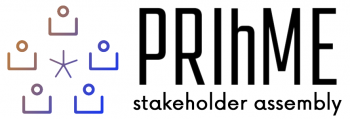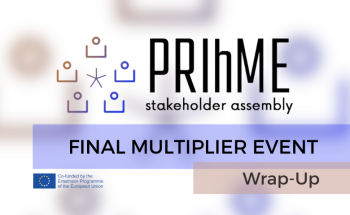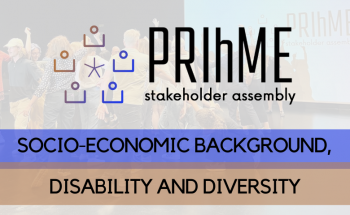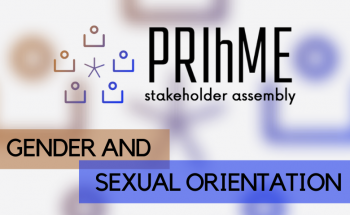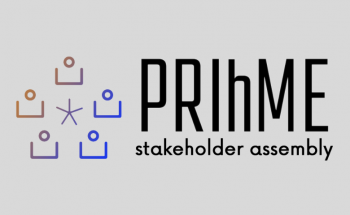Glossary of Terms Related to Gender and Power Relations
A glossary is important! Using vocabulary accurately allows us to understand and name complex concepts, situations, and states of being, thereby contributing to meaningful dialogue, understanding, and respect.
A glossary is important! Using vocabulary accurately allows us to understand and name complex concepts, situations, and states of being, thereby contributing to meaningful dialogue, understanding, and respect.
On this page, you will find definitions related to gender, sexual orientation and power relations, providing an overview of discussions held at the PRIhME Assemblies. All concepts, words and sentences listed below were taken from our project discussions. These are mostly in English, and the descriptions we found online in credible sources (you can check our list to see where we’ve gotten our ideas). The aim is to provide a toolbox, and to familiarize those who have never encountered these issues before with precise vocabulary, ideas, and concepts related to all aspects of power relations. However, to make this work for everyone we need these terms available in multiple languages. As we said, using vocabulary accurately allows us to understand and name complex concepts etc. and you should be able to do that in your own language. The translations – a work in progress – were provided by PRIhME project participants in their mother tongues. We very much hope to inspire everyone to continue collaborating on this glossary, as many of the definitions found here still need translation.
You can access the Glossary here.
The aim is to provide a toolbox, and to familiarize those who have never encountered these issues before with precise vocabulary, ideas, and concepts related to all aspects of power relations.

